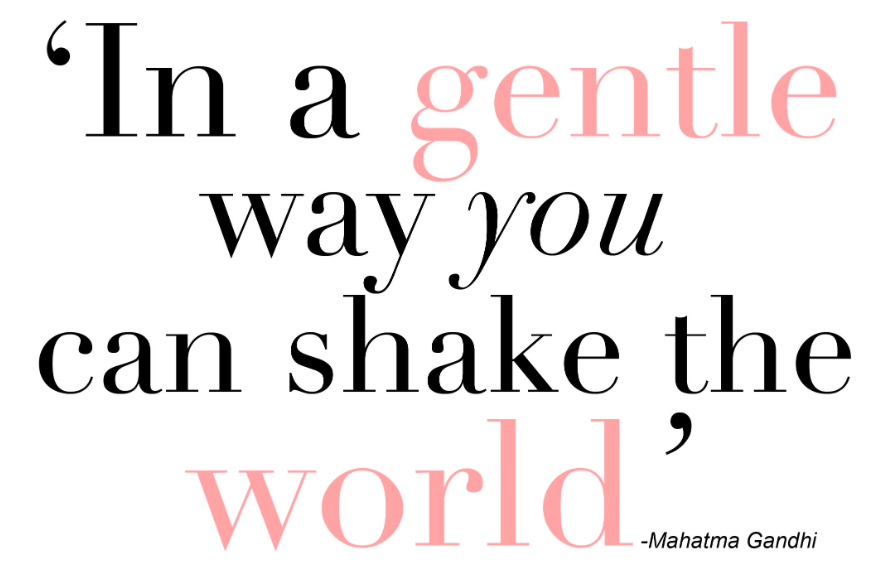
HOW TO OVERCOME YOUR SOCIAL ANXIETY WHEN BEING OBSERVED
Can you guess what concern these three individuals have in common? A 63 year-old man who is terrified about speaking at his daughter’s wedding. A 32-year-old woman who’s afraid of getting sick when she flies. A 26-year-old dental student who gets scared whenever his professors watch him doing procedures. Each one of them is afraid… Continue reading














